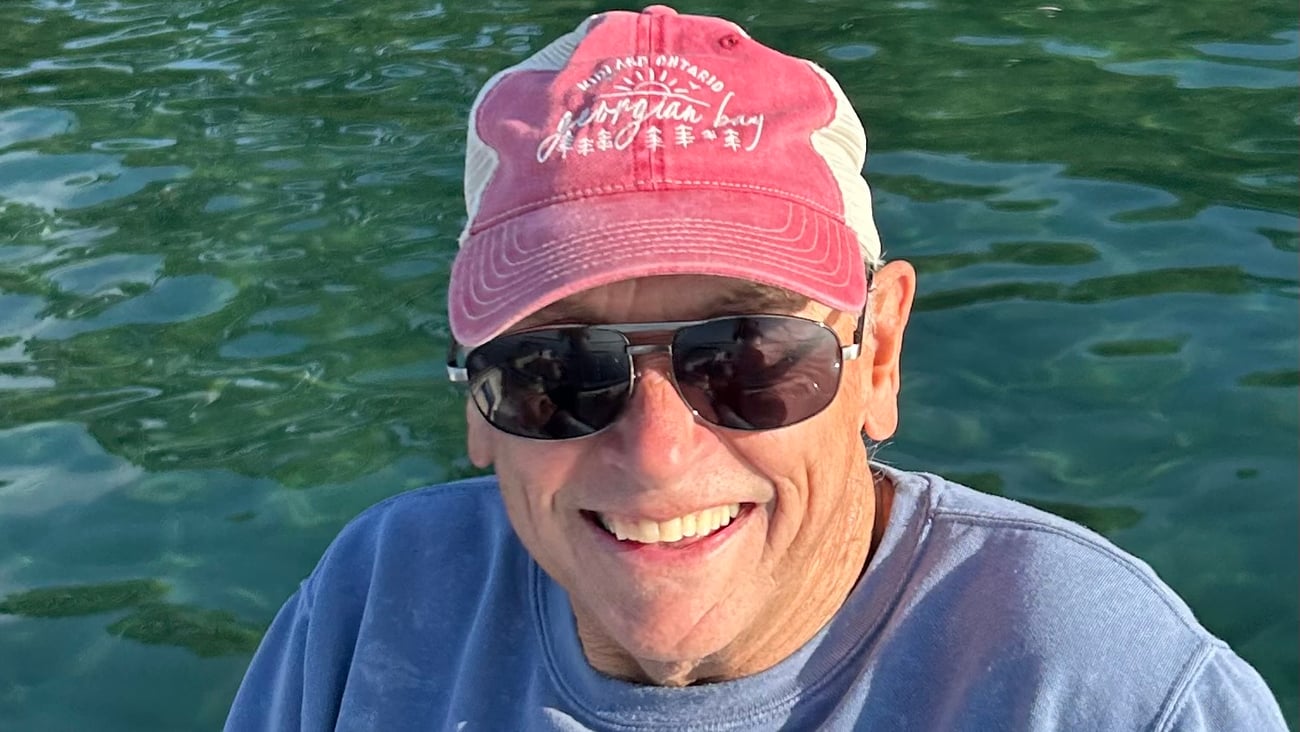Financial atorvastatin
Dr. Heart started his day by making breakfast for his family.
Jaiden, his 8-year-old son, and Anna, his 7-year-old daughter are already watching the Saturday morning cartoons. His wife Jane is still in bed and enjoying her sleep. It is only 6:00 a.m. and the sun has just barely shown small rays of light.
Dr. Heart is happy he isn’t on-call today and doesn’t need to go to the hospital for rounds. His call last week was “brutal,” and he spent most of the week at the hospital. The CCU was at capacity and most of the patients were really sick. Many were on pressors and many needed intense physician and nursing attention. In fact, over the last three to four years, all most of his calls have been “brutal.” He does not see them getting better with time.
For this reason, he’s happy to be at home with his family this weekend. As a cardiologist at a major metropolitan hospital, he’s been in practice for 15 years now. When he covers inpatient and ER consults, the work is also “brutal.” Things have really worsened over the years. Resources are dwindling, but patient load and complexity have only risen. He’s thinking how long he can keep this up. He is 47 this year. He thinks to himself, ‘I will either burn out or have my own stroke’ if things don’t change.
He's looking forward to meeting Vivian, his accountant, this afternoon. It’s his semi-annual review. He has been with his accountant for the last eight years. Other cardiologists in his group referred him to her. “She is very good and helps all the doctors,” they said. “She is a physician accountant,” they said. Dr. Heart is eager to discuss his financial situation and tax planning.
Dr. Heart incorporated his medical practice and has made significant retained earnings in his corporation over the years. He’s invested his retained earnings in his non-registered account ever since he started practice. His investments have done very well and he’s very happy about it. But now he wonders how he’ll manage the tax consequences of his investment success. Dr. Heart has been making over $500,000 every year for the last four years.
How can he manage the loss of the small business tax deduction? How is he going to manage the loss of the lower small business tax rate from the passive income of his corporate investments? Those earnings over $150,000 or more from passive income won’t be eligible for the small business deduction (due to the Tax On Passive Income introduced in 2018). The last time he spoke with his accountant, she suggested regular and recurrent “capital stripping” from his investments to be pre-emptive given the potential rise in inclusion rate for capital gains. Dr. Heart is aware he will pay a lot of taxes now on his capital gains to avoid paying even more taxes later. However, he’s not sure that’s the best solution. While he’s okay with paying taxes, he isn’t happy paying “a lot of taxes” even now. He's thinking there must be better solutions.
Read: Just the fax, ma’am
Perhaps even more concerning for Dr. Heart is what will eventually happen to all his RRSP money. He was recently made aware by his father-in-law (now 71) of the rules around Registered Retirement Income Funds (RRIFs) and how he will end up losing up to 50% in taxes when he is made (whether he wants it or not) to withdraw starting age 72. Dr. Heart also found out that he will face a “deemed disposition” at time of his death. All his RRSP or RRIF assets will be disposed of at fair market value (FMV) and taxed in his estate. Jaiden and Anna will only receive less than 50% of the after-tax remaining assets—unless a rollover to his wife Jane is possible. Dr. Heart is upset at the fact he made sacrifices and will continue to make sacrifices but to only leave his children less than 50% of his lifetime harvest. Given all the taxes he will pay from his current strategy, he feels his entire family will face a “financial stroke” at time of retirement and time of death. How could he have prevented this?
This whole idea of taxes made Dr. Heart think about his own practice. When he treats patients with diabetes with uncontrolled hyperlipidemia, he will initiate the discussion about primary and secondary prevention. Dr. Heart will discuss and potentially recommend a statin. That’s what medical guidelines recommend. That’s also what a professional would do as part of their duty of care. What if he didn’t? What liability attaches to him should his patients suffer a stroke or a heart attack? Can the CMPA defend him for such omission? Dr. Heart knows the answer: He will have no defence.
Since his discussion with his father-in-law, he’s done some quick research of his own. He’s already questioning if any of them are appropriate for him. In addition to the retirement plan with RRSPs, he has found other vehicles that provide even greater tax efficiency for high income earners such physicians and professionals. These alternatives are private pension plans in the form of Individual Pension Plan (IPP) and Personal Pension Plan (PPP). There is also a Multi-Employer Pension Plan (MEPP) option. The IPP was launched in 1991. The PPP was launched in 2012. But he’s never heard of them before, certainly not from Vivian. The MEPP will launch soon. From his own reading, the private pension plans (IPP and PPP) have distinct advantages over the MEPP. He's curious to understand better. He also read up on Retirement Compensation Arrangement (RCA). This one is more complex but has very powerful tax-efficiencies attached to it. Dr. Heart also learned of innovative ways to use permanent life insurance policies to mitigate taxes and facilitate estate planning. He understands these to be very tax-efficient tools as well for intergenerational wealth transfers. He wonders if life insurance, pension plans and RCA can be synergistic.
He's eager to meet his accountant this afternoon, looking forward to asking all his questions. He wants to learn more and see if it’s too late for him to rethink his retirement and estate planning strategies. One of his major financial goals is to make sure Jaiden and Anna will be able to put their best foot forward in life. But he is also feeling awkward. Why has she never spoken to him about these alternatives in the past? Maybe accountants must simply answer accurately when asked about financial questions but have no obligation to provide smarter options. Dr. Heart knows that “bench to bedside” in medicine is somewhere between 10 to 15 years. He wonders what the “bench to bedside” time frame is in the financial industry? He’s wondering what fiduciary duty his accountant has towards him?
Dr. Heart is feeling he is staring down at his own inevitable ‘financial stroke’ 25 to 30 years in the future. He’s anxious. Why was he not made aware and offered his own version of ‘financial atorvastatin?’
How is he going to bring this topic up this afternoon with Vivian? Dr. Heart still feels uneasy about his meeting with her.
Breakfast is made. Jaiden, Anna and Jane come to the table for this Saturday breakfast. They are enjoying breakfast together.
Read: Thank U, Medicine



